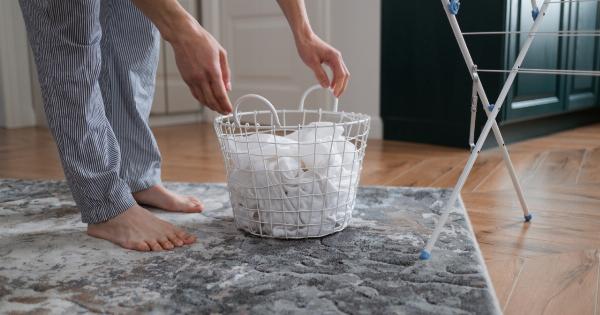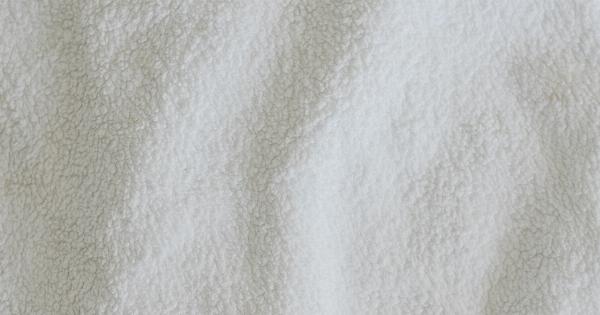Moisture plays a crucial role in maintaining several aspects of our health. However, excessive moisture levels can lead to various health issues.
In this article, we will discuss the causes, consequences, and remedies for moisture-related health concerns.
What Causes Excessive Moisture?
Several factors contribute to the build-up of excessive moisture in our homes. One of the primary causes is poor ventilation. When air cannot circulate adequately, moisture accumulates, leading to dampness and mold growth.
Besides, damp areas that remain unclean for prolonged periods can also develop mold and bacteria.
Humidity is another factor that contributes to moisture accumulation. High levels of humidity can lead to condensation, which, in turn, creates a breeding ground for mold, mildew and dust mites.
Some human activities such as cooking, showering, and even breathing produce water vapor, which increases the humidity levels in the air, contributing to the moisture build-up.
Consequences of Excessive Moisture
The consequences of excessive moisture in our homes can be severe. Mold and mildew growth can trigger allergies and asthma, causing respiratory problems. Dust mites and fungal spores can also lead to skin irritations, fever, coughing, and wheezing.
Prolonged exposure to damp environments can result in chronic problems such as bronchitis and pneumonia.
Excessive moisture can also cause structural damage to buildings and properties. Moisture can lead to rotting of wooden structures, corrosion of metal surfaces, and even damage electrical appliances and connections.
Recommended Remedies for Excessive Moisture
1. Improve Ventilation: One of the best ways to combat excessive moisture is to improve ventilation. Proper ventilation ensures that the air circulates adequately, reducing the likelihood of moisture build-up.
Install extractor fans in bathrooms and kitchens, open windows and doors when possible, and ensure that your air conditioning systems are well-maintained.
2. Fix Any Leaking Pipes: Leaking pipes can contribute to an increase in humidity levels, which can lead to moisture build-up. Fix any leaking pipes immediately to prevent potential damage to your property and ensure that your home is moisture-free.
3. Use Moisture Absorbents: There are several moisture-absorbing materials such as silica gel, charcoal, and dehumidifiers designed to remove moisture from the environment.
These materials are ideal for damp areas like basements, laundry rooms, and bathrooms.
4. Dry Out Wet Areas: Ensure that wet areas such as the bathroom and kitchen are kept dry. Dry any spillages immediately, wipe down any wet surfaces, and ensure that all fabrics are dry before storage.
5. Keep Your Home Clean: Cleaning your home regularly can help prevent mold and mildew growth. Dust and vacuum your furniture, carpets, and curtains regularly. Keep your laundry clean and dry all the time.
Conclusion
In conclusion, excessive moisture levels can have detrimental effects on our health and properties.
However, with proper remedial measures such as improving ventilation, drying out wet areas, and cleaning regularly, you can maintain a moisture-free environment that is conducive to good health.































